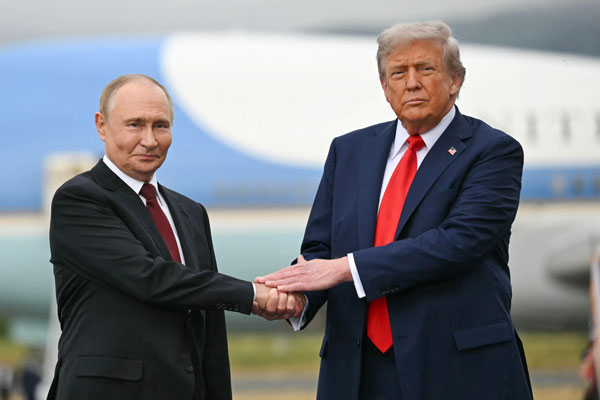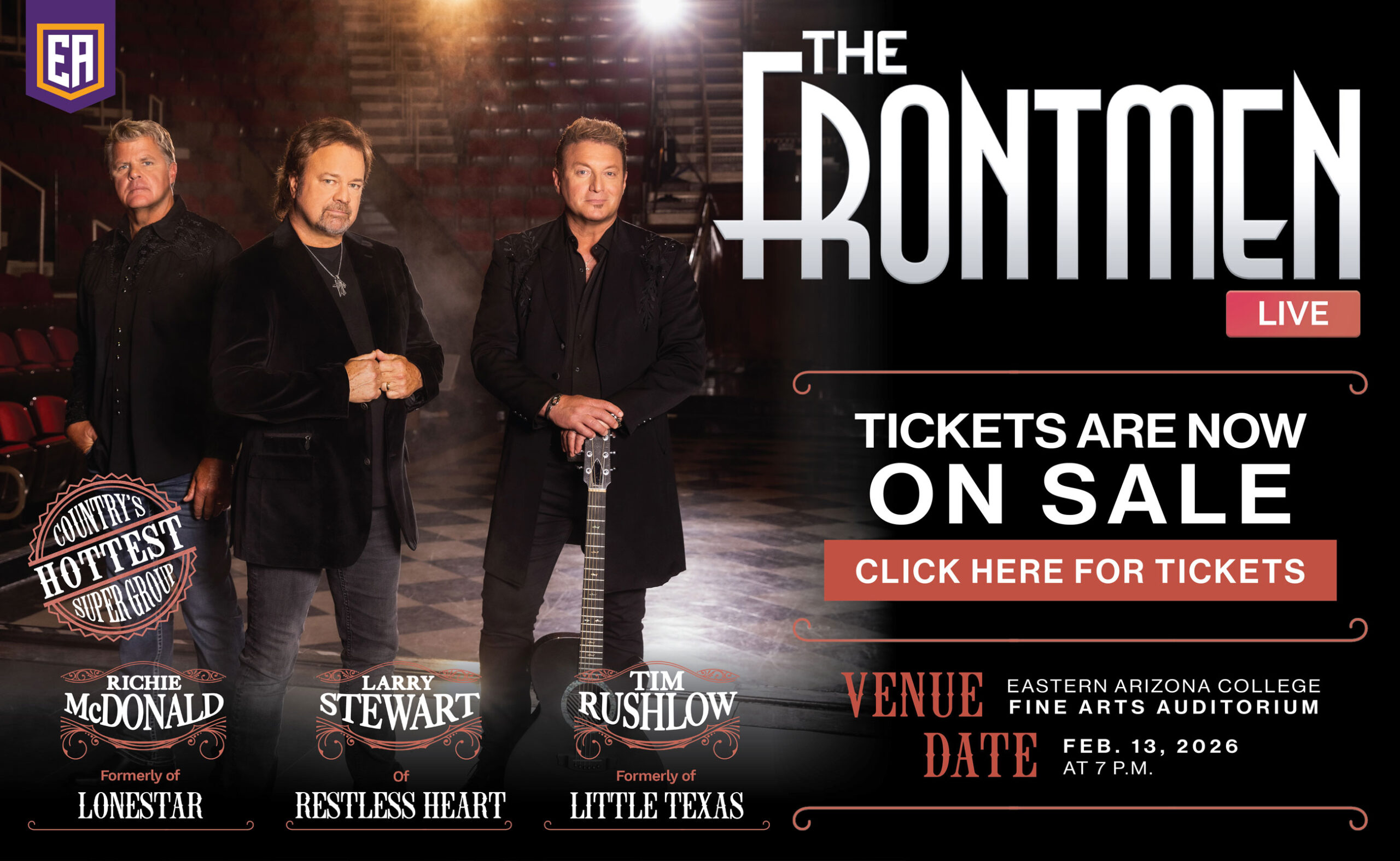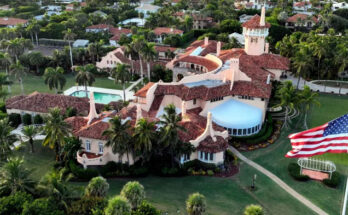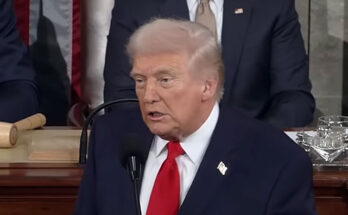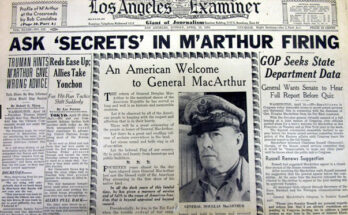Column By Mike Bibb
Upon completing their big joint meeting in Anchorage, Alaska, and President Trump suggesting another get together might be necessary, Russian President, Vladimir Putin, suddenly insisted — in plain English — “Next time, we’ll meet in Moscow!”
No translators were required to interpret the message.
Old Vlad, he’s a clever one.
It’s debatable whether anything of substance was accomplished in Anchorage that day, other than both presidents, staff, and security had lengthy plane rides to and from their nation’s capitals.
Upon completion of the pow-wow, both Trump and Putin scampered up their aircraft’s loading stairs, turned and waved to the crowds, the door was closed, and the big jets began taxing to the runways.
The seven-hour flight back to Washington was next on the agenda, as was Putin’s trip home to Moscow.
Two of the three most powerful dudes in the world had fulfilled their much-ballyhooed obligations, shook hands, and — sort of — suggested another meeting be held to iron out remaining concerns over Russia’s involvement in Ukraine, and Trump’s stated intention of ending the conflict.
Except, Putin let Trump know that Alaska was okay, and the welcoming fly-over by U.S. fighter jets and a B-2 bomber was entertaining, but Moscow would be a better location for the follow-up match.
To which Trump replied, “That’s interesting. I’ll have to think about that.” Perhaps reflecting on the possibility that an escorting squadron of F-35s and a stealth bomber may not be welcomed in the former USSR.
It’s one thing to show off the U.S’s super airplanes to a visiting Russian dictator, it’s quite another when Putin may be anticipating doing the same thing if Trump drops in.
Realistically, Vlad has probably conducted more of these military theatrics than Donald, even though Trump is, obviously, a quick learner. He catches on fast and can produce the staged effects he wants — when he wants.
Whether or not Moscow will be the setting of future discussions between the two alpha males remains to be seen. Egos and big boasts are one thing; trying to referee and stop a conflict between two old enemies is another.
The European Continent and the Middle East have been battlegrounds for centuries. They’ve been tangling with each other, in one fashion or another, long before the United States was a twinkling in the eyes of the Founders.
President Trump is simply the latest American leader to become entangled in the mess. President Thomas Jefferson was probably the first when he sent our young Navy, with a shipload of Marines, to the shores of Tripoli, Libya, to clean out the pirates who were harassing our commercial shipping freighters in the Mediterranean Sea.
Since then, similar scenarios have repeated many times in the same general area. Actually, world wars have started and ended in Europe.
The convoluted thinking and aggression seem unabated; only the faces and weapons have changed.
The opinions expressed in this editorial are those of the author.


